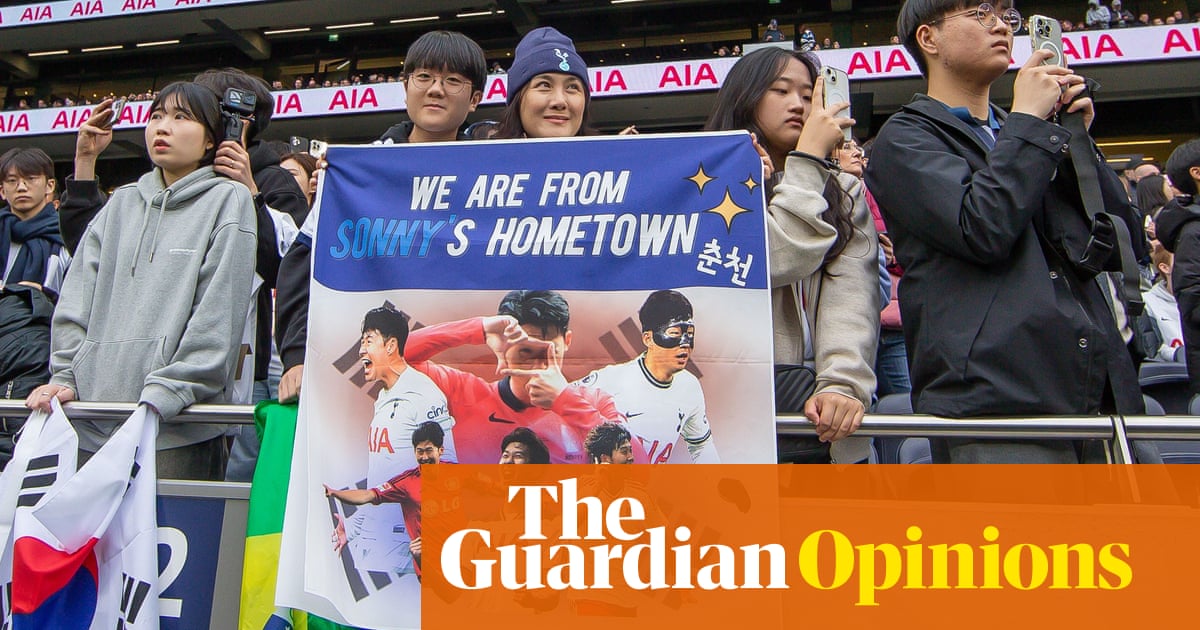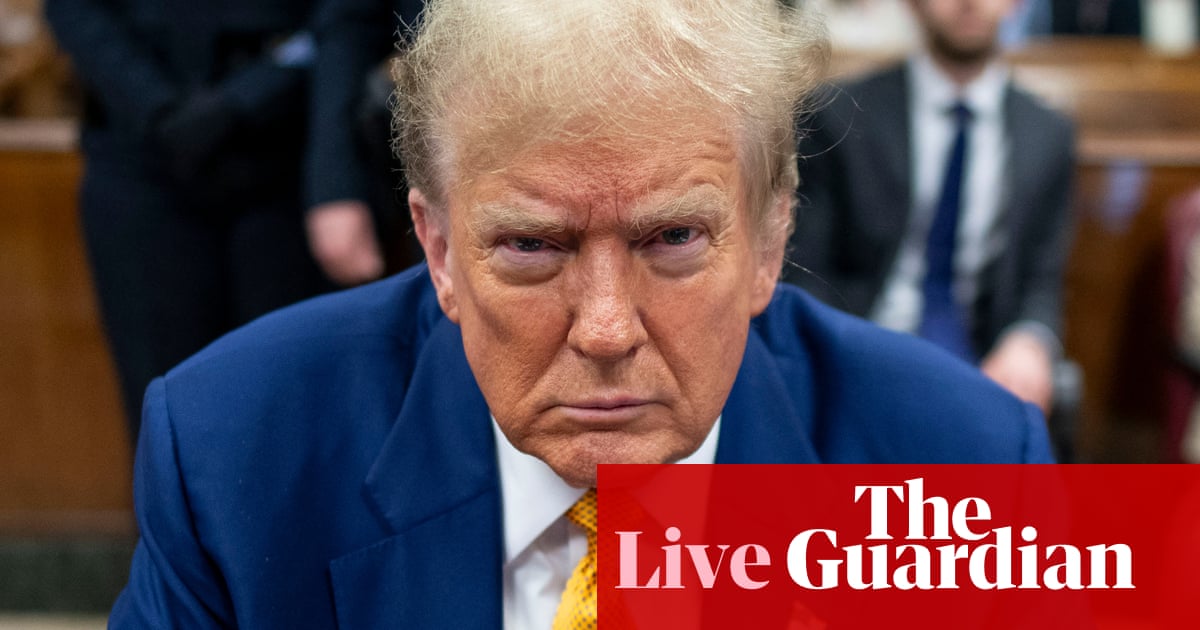
It is 16 years since Sven-Göran Eriksson and Nancy Dell’Olio unveiled their Kick A Ball For Peace initiative, a campaign in which they transported a single hope-filled ball across the continents so that world leaders in war-torn hotspots could kick it around in front of a camera crew. There was a grand launch starring Kofi Annan, with Nancy beaming on and Sven lurking in the background looking, as ever, like a kindly provincial bank manager who goes carol singing at Christmas, volunteers at the local rotary club and keeps a severed badger’s head in his briefcase.
The idea was that this spectacle would naturally bring an end to armed conflict. As David Beckham said, addressing his words specifically to children out there looking for world peace but still unsure whether to go for it or not: “My advice to any children out there looking for world peace is ... you know, go for it.” Looking back now it feels as if it was a simpler, less cynical, much more stupid time.
Plus, of course, deeply misguided. Even as personal vanity projects go, this was a notable misjudgment of the direction of travel. More than ever, elite football is the exact opposite of Sven’s vision of peace. It is instead a place of ambient rage, hard edges and carefully fanned corporate tribalism. Welcome, instead, to the great summer of hate.
It can be hard to escape it these days. Football rage is there most obviously in the self-contained shout-box inanities of the internet. At last weekend’s FA Cup final there was a minor media furore as a lone, well-refreshed Manchester City supporter stormed the press box and began to offer up rambling brain-thoughts about anti-City bias, conspiracies against the little man and the inexplicable trend for publishing newspaper articles about Premier League golden boot winner Mohamed Salah.
It became a kind of confirmation event, proof that the angry social media presence among City’s fanbase is indeed present in the flesh; a support that appears to have never been so upset even while watching their team win a sublime domestic treble.
In reality this is a noisy, suspiciously persistent minority. But it is also perfectly in tune with the wider mood, an ambient hate that continues to define the tone and texture of elite level football.
There has always been fury in football, not to mention genuine violence back in the days of the dart-throwing lunatic fringe. But football didn’t follow you constantly, could be contained within its own 90 minutes. Things have changed a little. The world never stops talking now. And into this space football has rushed, setting the mood, reflecting back its own rage, becoming a ceaseless digital howl.
This tribalism has been weaponised, expertly. Firstly by broadcasters and newspapers, who have become practised in fanning the idiot wind. Red against blue, super Sunday showdowns, overheated clickbait feuds. All of this has been good for business. And secondly by something more sinister and managed. Like Orwell’s two minutes in 1984, rage can be a useful thing too.
City are right to resist Uefa’s investigation into financial fair play if they feel it is in error. They may well be exonerated at the end. But the tone of this resistance, the aggressive statements, the idea put out there that this is all some ill visited on the disempowered, is at best cloth-eared and at worst a glimpse of the hard edges, the regime behind this extraordinary project club.
There is rapacious ambition in so many parts of this industry now, albeit often concealed behind the same mask of sickly piety worn by Sven and his ball project. This week Chelsea played a game called the Final Whistle On Hate. Shortly they will fly to Baku for a Europa League final located entirely for the benefit of a hateful regime; a final that will entice Roman Abramovich, enemy of hate, oligarch for the many, into his first visit to a Chelsea match this year; a final played in – needless to say – an oil rich state with money to burn on football soft power plays.
Also this week, Gianni Infantino finally gave up on his plan for a 48-team Gulf World Cup. It was always an absurd idea among hostile nations, one even Infantino, for all his football-Jesus delusions, must have known was never a goer. But then Fifa’s entanglement with the Gulf has never been about anything other than monetising power-hungry petro-states, riding that fault-line, sucking out the juice. On Thursday afternoon Infantino could be heard shouting “Glory to Russia!” as he was presented with a medal by Vladimir Putin.
And for now football continues to follow not only the money but the hate. As has been the way of the wider world too, where hate has been both the fuel and the mood music to so many significant public acts. Just wait until someone mentions Brexit when England head to Portugal for six days in June, a flag-draped Nations League mini-break that could yet end up another strand in the great summer of hate.
The only sensible response is of course resistance. To managed tribal conflict, to those who would mobilise their club’s support as a kind of demented online PR army; and from the those of us in the media who feed this, who fall for and exacerbate the hostility.
Don’t give in to hate. It leads not only to the dark side, but to a million angry tweets; to a cretinising discourse; to divide and rule; and to a sense of something profoundly lost along the way. The Guardian Sport












